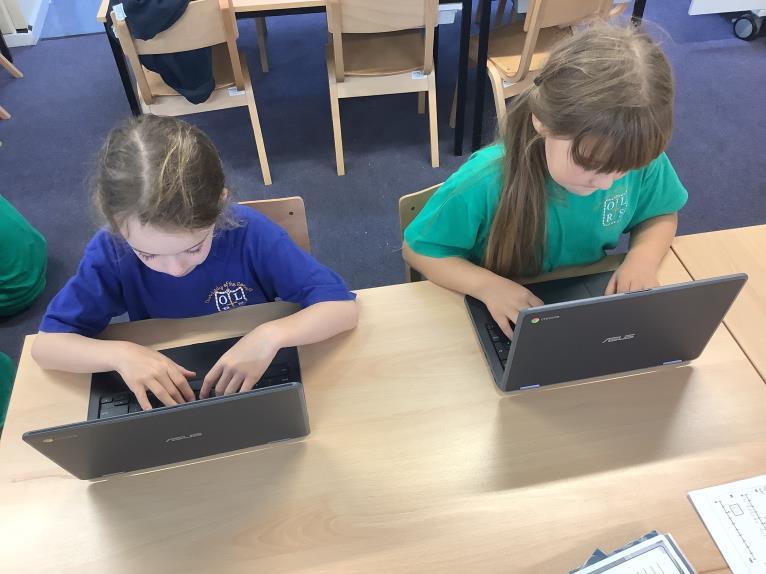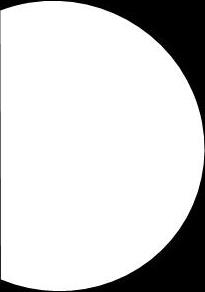
Year Two Curriculum NewsletterSpring 2025
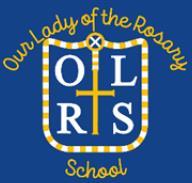


Year Two Curriculum NewsletterSpring 2025

For behold, the winter is past; the rain is over and gone. The flowers appear on the earth, the time of singing has come, and the voice of the turtledove is heard in our land.
Song of Solomon 2:11-12

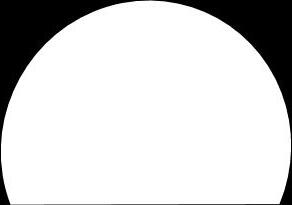

Our first unit of study is called, “Galilee to Jerusalem”. Over the half term, we will be learning about the story of the Epiphany, the Preaching of John the Baptist, Jesus’ Baptism, and some of Jesus’ miracles. We will be looking at the sacrament of Baptism, including looking at the symbolism of water. We will also learn about saying sorry, contrition and asking for forgiveness through prayer.
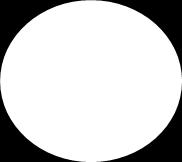
Our second unit of study is called “Desert to Garden” . We will be looking at the Temptation of Jesus in the Desert. We will be learning about Lent being a time of prayer, fasting and almsgiving, thinking about the significance of this. We will also begin to look at the idea of sin and conscience before moving on to looking at reconciliation and redemption. We will finally deepen our knowledge and sequencing of the events of Jesus’ final week, looking at the lead up to Easter.
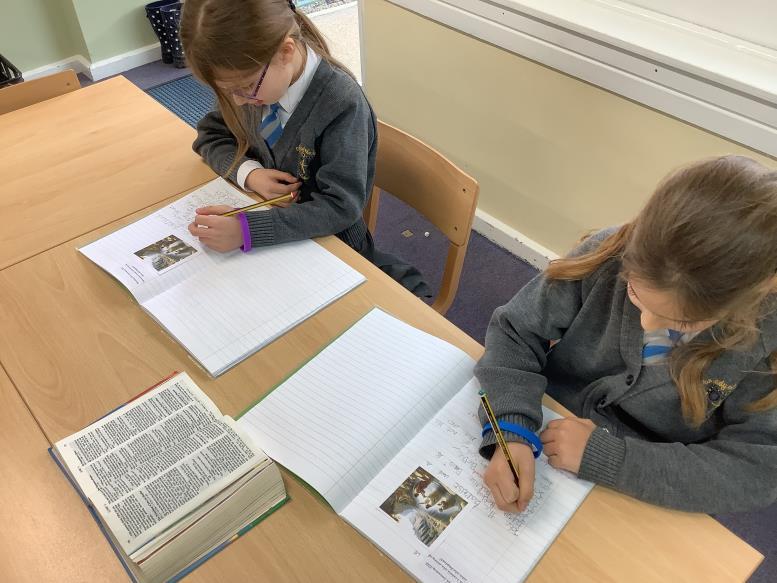

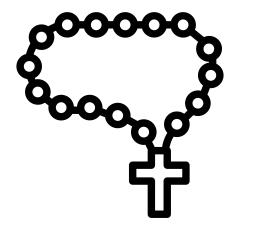


Last term, pupils began to hear and experience the Gospel story of Jesus. They learnt that Jesus welcomes all in spite of others telling them to stay away. Pupils will build upon this, treating and talking to Jesus as if he is their best friend. Pupils will explore further the fact that we are all created individually out of love and for love and that we know, love and serve Jesus. Pupils will learn how to take this calling into their family interactions, friendships and relationships. They will explore and be taught strategies for developing healthy relationships and keeping safe. Pupils will explore all themes through times of discussion, imaginative reflection and creative responses, including singing songs.
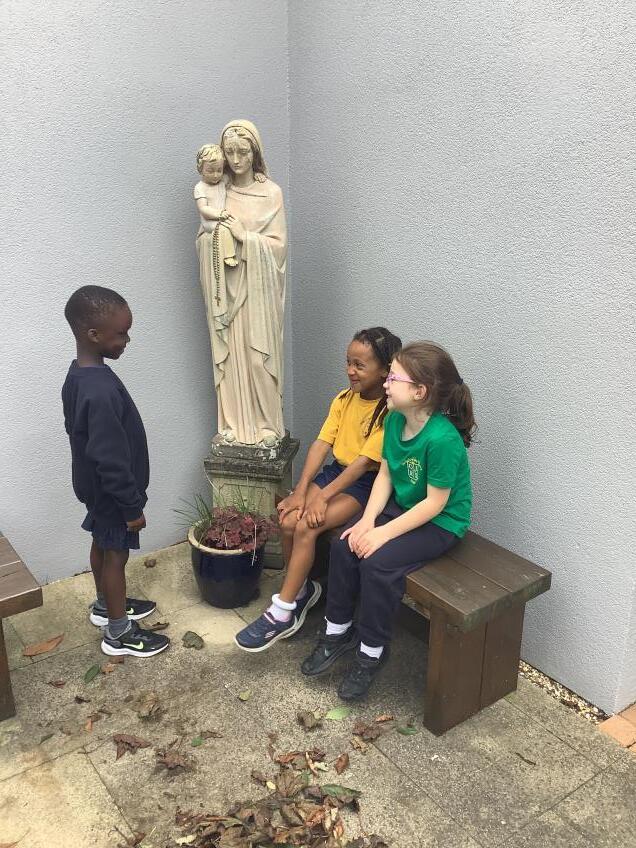



Pupils will continue to enjoy a variety of texts and authors. Our focus texts include continuing ‘The Diary of a Killer Cat’ as well as ‘The Magic Finger’ by Roald Dahl and ‘Flat Stanley’ by Jeff Brown. We will compose writing linked to the key texts, including a non-chronological report, a letter, a narrative and a persuasive piece of writing. Pupils will continue to learn new spelling, punctuation and grammar skills and further apply these to their learning across the curriculum. Pupils will explore how to write coherently for a range of purposes and audiences. Throughout the term, pupils will read a range of extracts and literature that relates to our topics, as well as their own interests. Through whole class reading, individual reading and guided reading sessions, pupils will practise comprehension skills and continue to learn new ways to understand vocabulary, retrieve information, summarise, infer and make predictions.

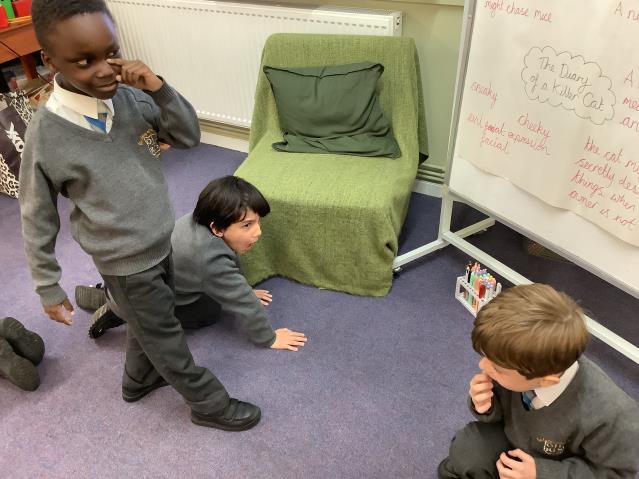

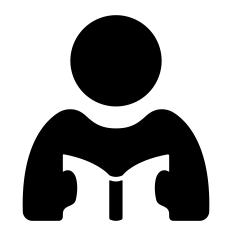


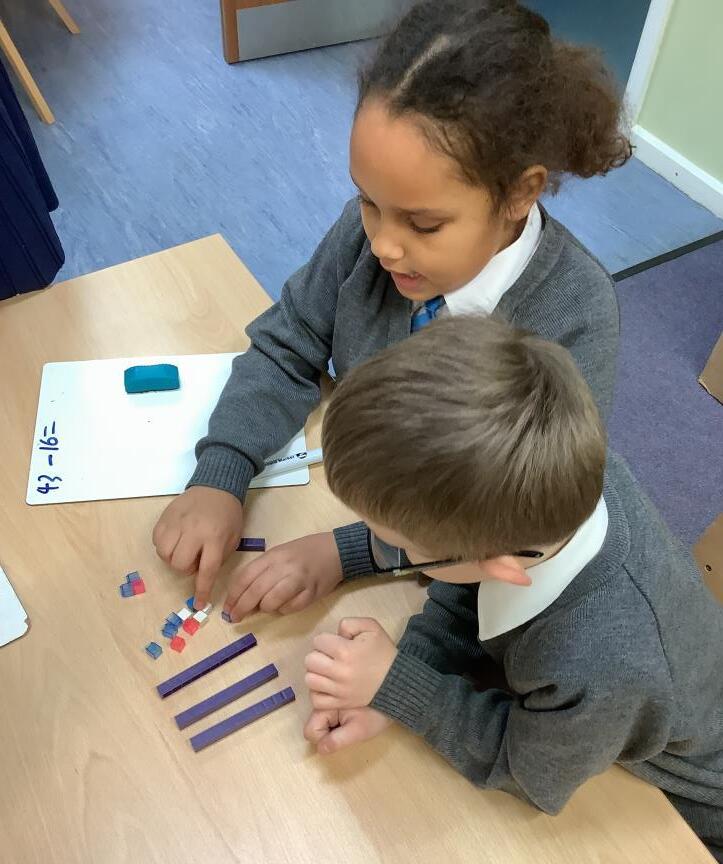
Our maths learning will continue to consist of arithmetic, key skills and problem- solving sessions. We will cover a wide range of topics in the spring term, whilst revisiting and reviewing prior learning. Our initial focus will be on multiplication and division, where we will explore different strategies to answer calculations and reasoning problems. This will be followed by 2D and 3D shapes, where we will explore the properties of shape, shape in real life objects, lines of symmetry and making patterns. The next topic will be 'Money’. In this topic, pupils will learn how to count money in pounds and pence. They will learn to understand the value of notes and coins and how to make the same amount using different coins. Pupils will compare amounts of money and will calculate change in two-step problems.

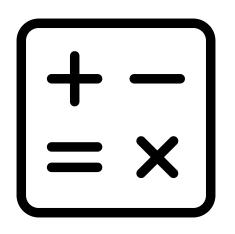


During the term, we will explore the topic of ‘Everyday Materials.’ Through this, we will investigate and discuss how materials can be suitable or unsuitable for particular purposes. We will explore how different everyday materials can be used for more than one object and how different materials can be used for the same object. We will learn how to explain this by discussing the properties of each material.
We will also look at how the shape of solid objects can be changed by squashing, bending, twisting and stretching. Finally, we will think about unusual and creative uses for different everyday materials. We will continue to use a variety of scientific skills, including questioning, observing and recording.
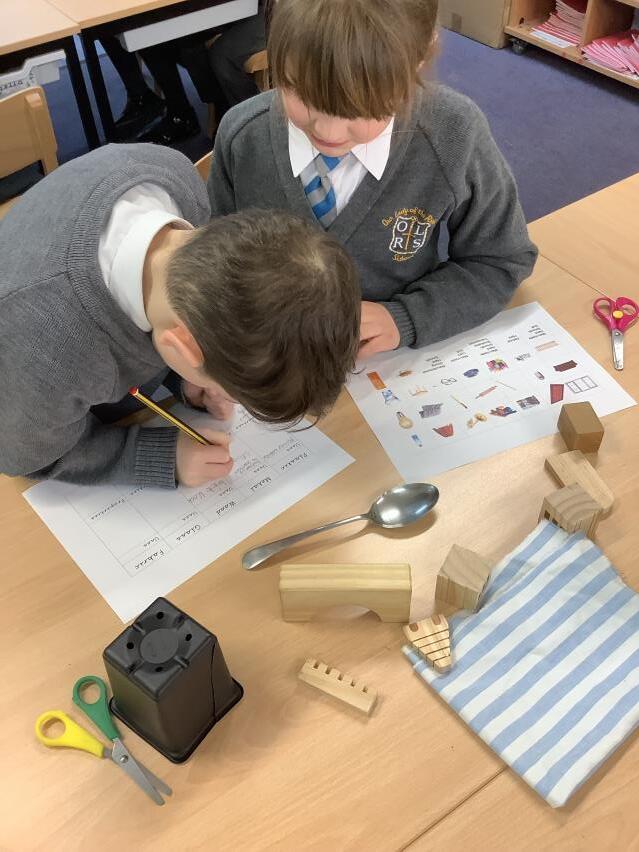



This term in geography, pupils will learn about places near and far. Within this topic, pupils will explore Mexico and the United Kingdom, whilst learning many geographical skills. Using world maps, atlases and globes, pupils will learn to locate Mexico and the United Kingdom, as well as other countries nearby. They will ask geographical questions to find out more about Mexico, such as which continent it is on and its capital city.

They will also use digital mapping, internet sites and books to find out information about the climate and physical features of Mexico. They will use simple grid references and North, South, East and West to describe and compare the location of physical features, such as identifying that the United States lies north of Mexico. After exploring, pupils will learn how to identify similarities and differences between England and Mexico. They will compare themes such as the environment, land use, homes and lifestyles.
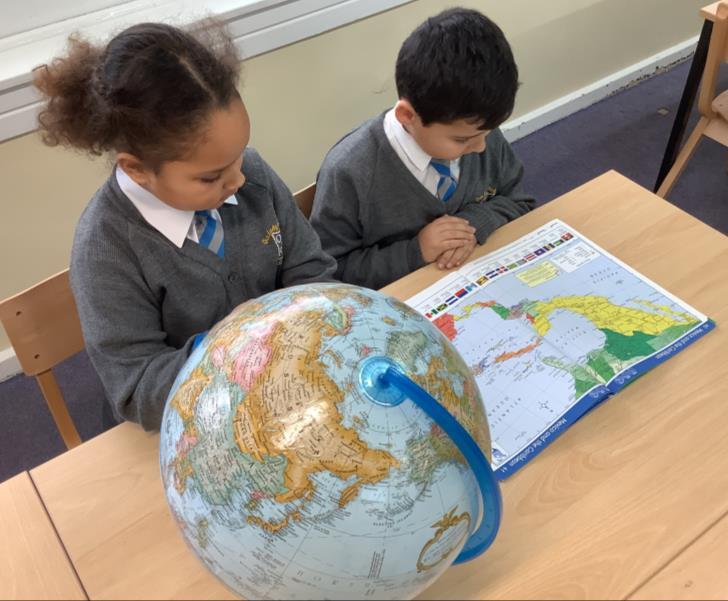

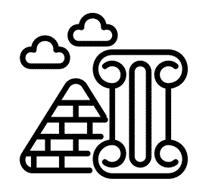

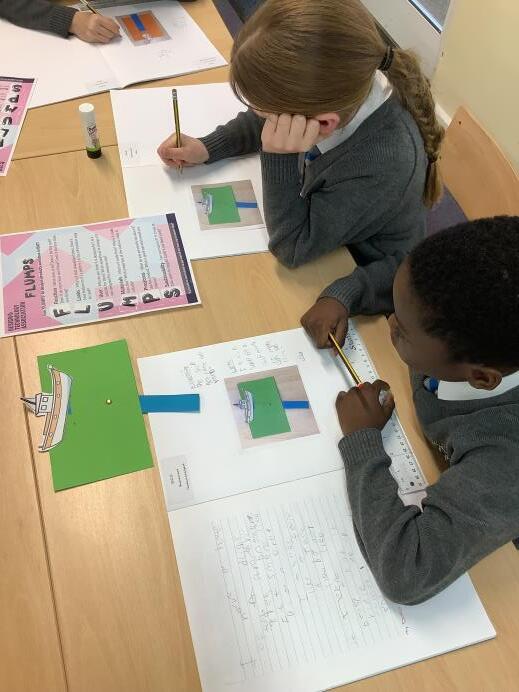

In art, our topic is drawing. Throughout, we will learn about different techniques and movements to create successful drawings. We will be focusing on layered drawings, studying the work of Julie Mehretu. We will use the work of Julie Mehretu to inspire and make choices about our own drawings. In design and technology our topic is Mechanisms and Structures. Through this unit of work, we will analyse and review existing products, such as moving cards.We will learn about levers and sliders as mechanisms. From this we will create our own plan of a moving card, using our knowledge of levers and sliders. We will then complete the topic by making our own moving cards, including mechanisms such as levers and sliders. Finally, we will review and analyse our own products.

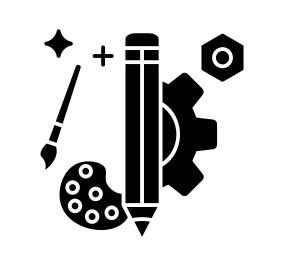

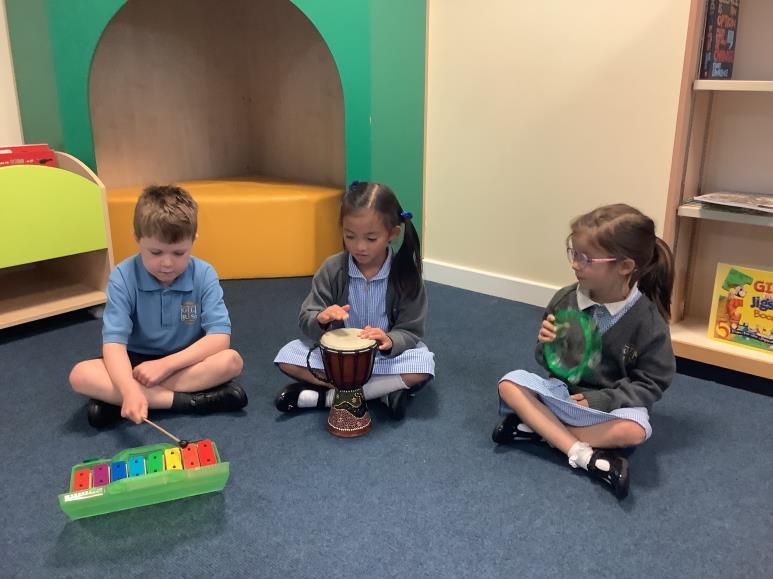

Our first topic is based on ‘I Wanna Play In A Band’ – a rock song for children, written by Joanna Mangona. Pupils will learn to listen and appraise this song and other rock songs. Through this, pupils will learn how to find the pulse of the music, using their imagination. They will continue to learn about rhythm and clap the rhythm of this song. Pupils will also learn how to sing the song, focusing on tempo, pitch, rhythm and pulse. Pupils will begin to explore instruments and how these can be used to improvise and compose music. Pupils will continue to explore other genres of music, with the next focus being reggae. Pupils will explore the song ‘Zootime’ by Joanna Mangona.

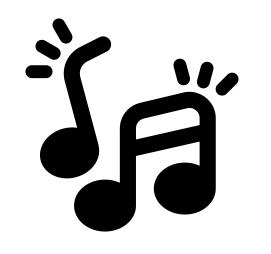

Pupils will continue to learn PE both indoors and outdoors this term. ln outdoor lessons, pupils will learn hockey, followed by cross country and football. Pupils will begin by learning the fundamental skills and how to carry these out safely. They will consolidate this by learning how to apply these skills within a game of hockey and football. Throughout, pupils will be encouraged to improve on their personal best and make reflections on how to do so.

In indoor PE, pupils will learn about fundamental skills. The first topic will be focused on dynamic balance. Within this, pupils will learn how to balance using different body parts, in different ways. They will learn how to do this whilst travelling across a line and in different directions. They will then move on to static balance. Within this, pupils will learn how to hold a balance in various ways and will learn how to successfully transfer their balance into a different stance.
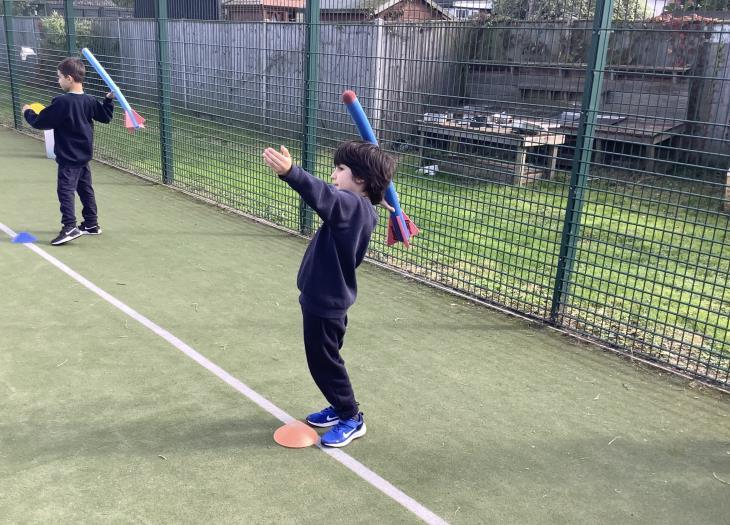

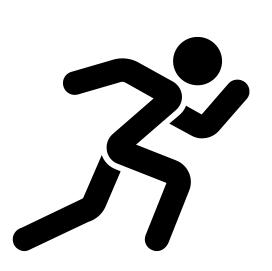

For our first half term, we will be creating music. Pupils will complete this using an online programme. They will begin by comparing differences in pieces of music. They will then experiment with rhythm and making different notes. Finally, they will use an online music- making programme to create their own melody.

For the second half term, pupils will be exploring digital photography. Pupils will research and explore existing digital photography and will then use technology to create and store their own digital photos. They will also learn what makes a good photograph and how light effects photography. Throughout the term, pupils will continue to use technology safely and respectfully, keeping personal information private; and learning how to stay safe online, and where to ask for help if they need it.
